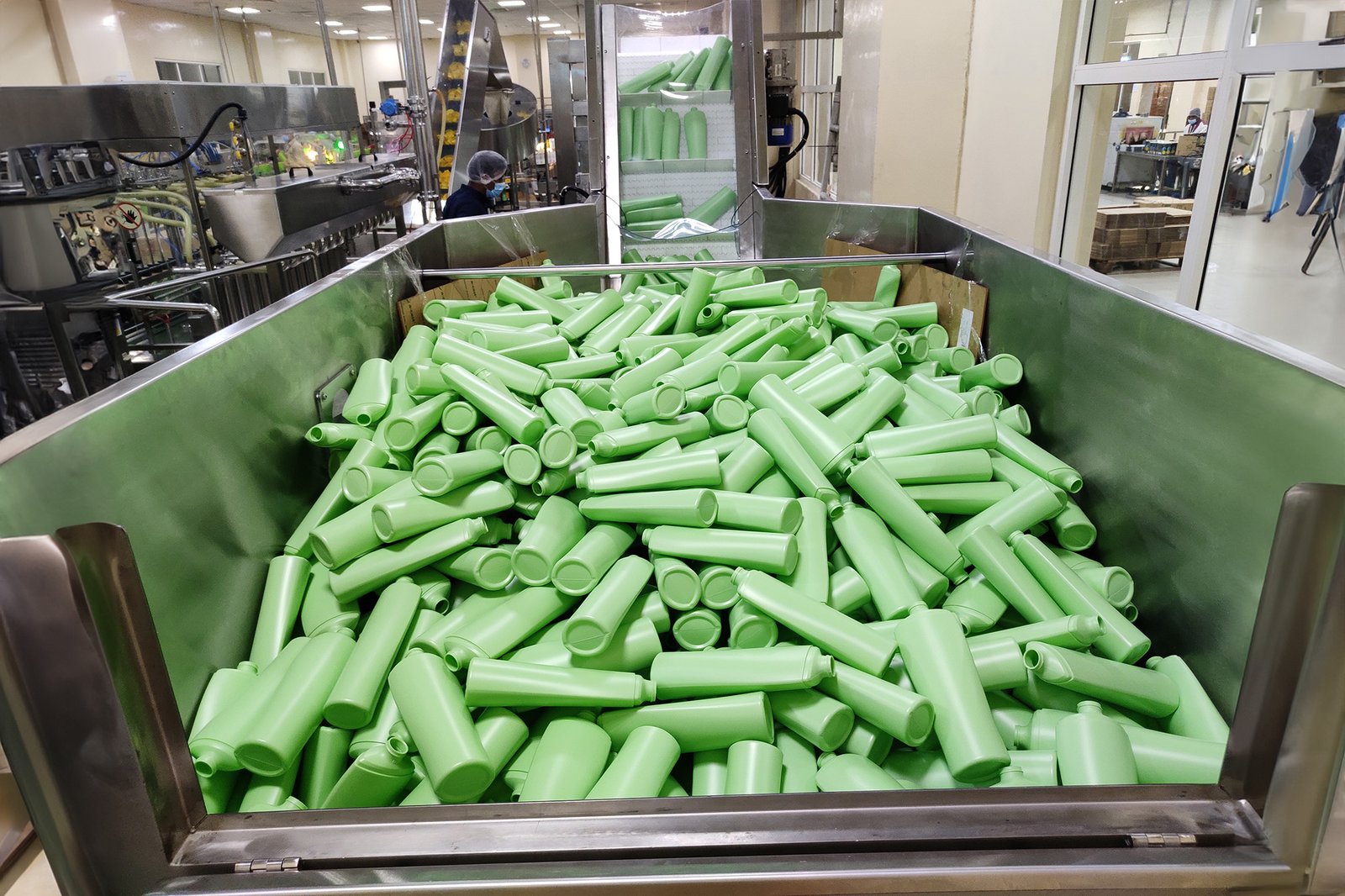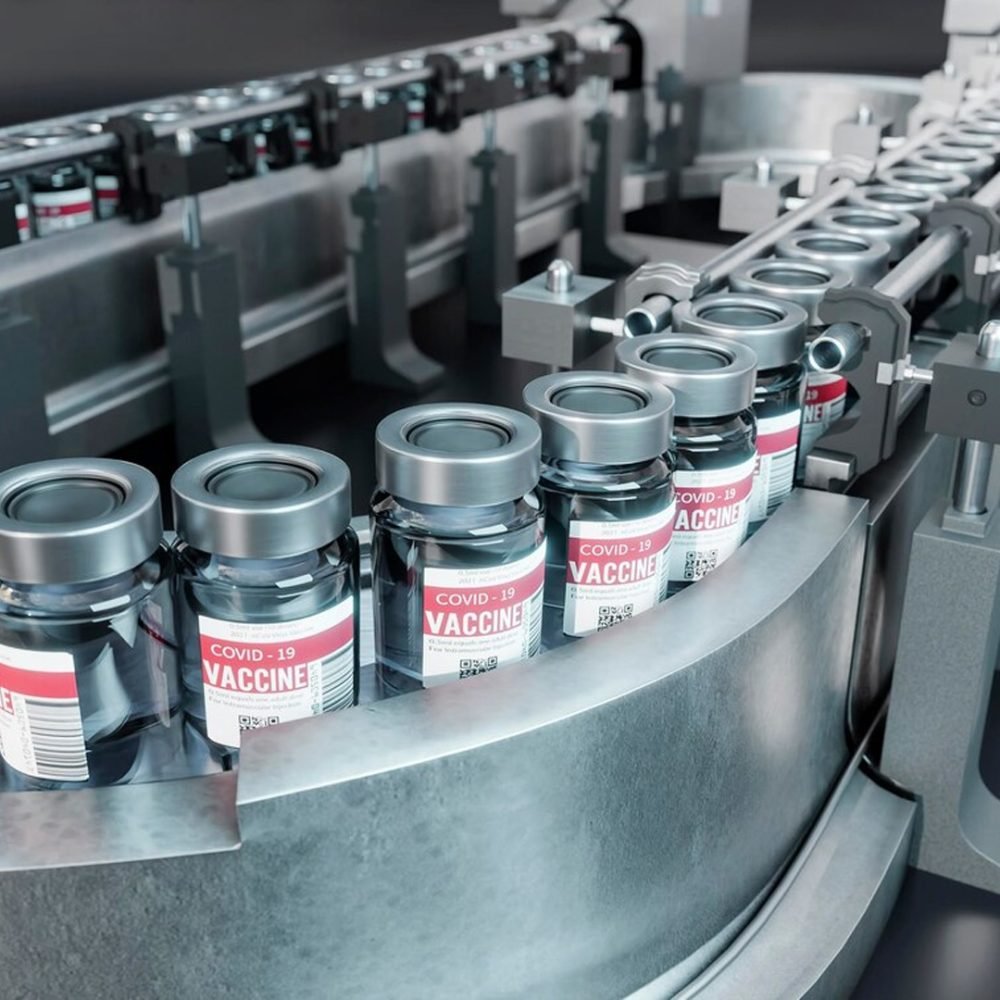
Injection moulding machines have very quick cycle times, requiring frequent unloading of finished components. Robots are ideally suited for this application. They provide a noticeable improvement in productivity and machine uptime. If the cycle times are longer, Two machines can be serviced by One robot, thus providing quicker ROI.
Vaccuum or pneumatic grippers can be used to handle the parts gently. Placement of inserts to moulds is a very critical application. Operators have to get close to the dies during insert placement and they are exposed to heat and toxic fumes. Robots offer more flexibility when compared to traditional gantry pick and place systems.
Robots can play a vital role in ensuring part quality and eliminating the hazards faced by operators.
We provide the following solutions for IMM tending
- Vibratory feeders for insert feeding
- Post process trimming of components
- Post process pad printing can be integrated
- Cooling and part removal conveyors
- Deflashing of finished components
ADVANTAGES OF ROBOTIC SOLUTIONS WHEN COMPARED TO GANTRY SYSTEMS
- Insert placement can be done on on any plane due to 6 degrees of freedom
- Complex parts can be handled from a variety of infeed systems
- Deflashing and trimming operations can be integrated into the robot cycle
- Tool changers can be used to facilitate variant additions and changeover
SUCCESFUL PROJECTS
YEARS OF EXPERIENCE
Industries Served
-
Medical & Pharmaceutical
Personal testing and monitoring equipment, test kits and vials are some of the components produced through injection moulding process. Robotic handling ensures hygienic handling of components
-
Automotive
Large moulded components in the auto sector such as dash panels, interior trims and bumpers benefit from robotic handling and post process operations
-
Toy Manufacturing
Toys are produced in the millions using plastic injection mould technology. integration of various inserts to strengthen the mould can be done by using robots.
-
Food and Beverage
Containers, conveyor system components are often produced injection moulding. Hygienic handling of these components is a must to meet food safety regulations

